Explore the Best AI Image Gallery

Quantum Leap: How Quantum Computing is Reshaping the Creative Industry
The creative landscape is on the cusp of a profound transformation, driven by the burgeoning field of quantum computing. This revolutionary technology, with its unparalleled processing power, promises to unlock new dimensions of artistic expression, design innovation, and interactive experiences. From generating breathtaking visuals to composing complex musical scores, quantum computing is poised to redefine the boundaries of creativity.
Quantum Computing: A Paradigm Shift in Creativity
At its core, quantum computing harnesses the principles of superposition and entanglement to perform calculations at speeds unimaginable for classical computers. This exponential leap in processing power opens up a world of possibilities for creatives:
- Generative Design: Quantum algorithms can generate novel designs and patterns, pushing the limits of architectural, fashion, and product design.
- Advanced Visual Effects: Imagine photorealistic CGI rendered in real-time or immersive virtual worlds with unparalleled detail, all powered by quantum computing.
- AI-Powered Creativity: Quantum algorithms can enhance AI models, enabling them to compose original music, write compelling narratives, and even create artwork that mimics human expression.
- Personalized Experiences: Quantum computing can tailor creative outputs to individual preferences, leading to personalized art, music, and interactive experiences.
Real-World Applications in the Creative Industry
While still in its nascent stages, quantum computing is already making inroads into various creative domains:
- Music Composition: Researchers are exploring quantum algorithms to generate unique melodies and harmonies, pushing the boundaries of musical innovation.
- Filmmaking: Quantum-powered rendering techniques could revolutionize special effects and create hyperrealistic cinematic experiences.
- Gaming: Immersive virtual worlds with unprecedented detail and interactivity could become a reality thanks to quantum computing.
- Fashion Design: Quantum algorithms can assist in designing innovative textiles, patterns, and garments that respond to environmental stimuli.
Ethical Considerations and Future Trends
As with any powerful technology, quantum computing raises ethical considerations that must be addressed:
- Access and Equity: Ensuring equitable access to quantum computing resources is crucial to prevent a widening digital divide.
- Bias and Representation: Quantum algorithms trained on biased data can perpetuate existing societal inequalities. It is essential to develop ethical guidelines for training and deploying these algorithms.
- Ownership and Intellectual Property: The question of who owns creative works generated by quantum algorithms requires careful consideration and legal frameworks.
The future of quantum computing in the creative industry is brimming with possibilities. Advancements in hardware, software, and accessibility will further empower creatives to explore new frontiers:
- Quantum-Enhanced Collaboration: Tools that leverage quantum entanglement could facilitate real-time collaboration on creative projects across geographical boundaries.
- Hybrid Creativity: The synergy between human intuition and quantum algorithms will lead to unprecedented levels of creativity and innovation.
- New Art Forms: Quantum computing will likely spawn entirely new art forms that are impossible to conceive with classical technology.
Quantum computing is not merely a technological advancement; it is a paradigm shift that has the potential to revolutionize the creative landscape. By embracing this transformative power responsibly, we can unlock a future where creativity knows no bounds.



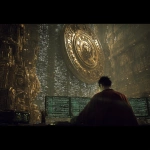
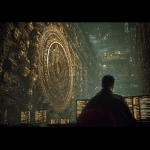













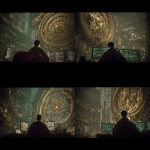

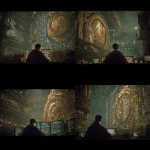



](https://images.ai-img.art/thumbnails/150/24ccaad8968bce75611aa4ff739695d61b7d06bd128d44cfbb3a6c46be30ed33.webp)





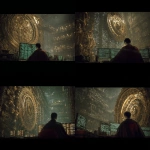
](https://images.ai-img.art/thumbnails/150/786d3898a4574da9c53e922bd2a30035084a90a9a6f5cc6bee514d0150ba3403.webp)
](https://images.ai-img.art/thumbnails/150/69daab74527edc292198788487e2d0d5f1bb1aba897d85b79ff4015ea305631d.webp)



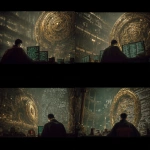

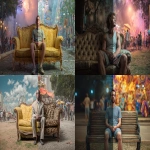
](https://images.ai-img.art/thumbnails/150/0d2c5ff24ca9024b95b5f0d1d0e673146e5dd5f31c7b3a7092322afe4a3c46eb.webp)



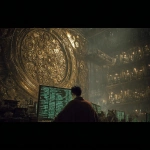
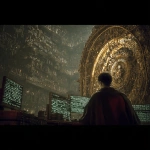
](https://images.ai-img.art/thumbnails/150/7889b264cc5c27f6b7a00af1767a689c9df2b49d36667764d8322ae0c0fed64a.webp)



](https://images.ai-img.art/thumbnails/150/8fd5788e152269ccc7eeb4a5287499cc5f55ca46d75afc237030f50a1b60c6ca.webp)